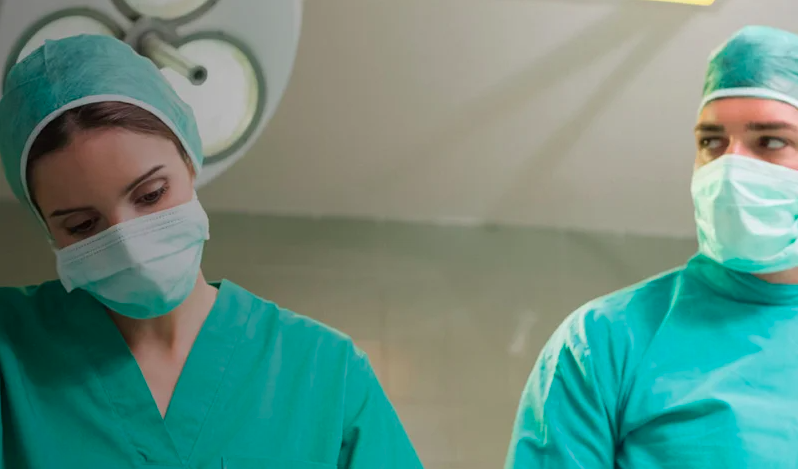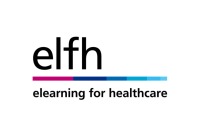Anaesthesia Fundamentals | Anatomy | Surface Anatomy of the Neck and Clavicular Region



Surface Anatomy of the Neck and Clavicular Region
Session Overview
Description
This session is designed to help you gain a better understanding of surface anatomy relevant to everyday anaesthetic procedures such as central venous access and brachial plexus blockade.
Learning Objectives
By the end of this session you will be able to:
- Show that the neck is divided anatomically into a number of triangles
- Locate the parts of sternocleidomastoid (SCM), trapezius and the scalene muscles and the clavicles
- Define the course of the carotid, subclavian, axillary and jugular vessels relative to these structures and the airway
- Describe the course of the cervical plexus
- Describe how the parts of the brachial plexus relate to surface markings in the region
- Explain complications of procedures to access these structures resulting from the close proximity of other structures
Prerequisites
Before commencing this session you should have completed the following:
- Module 07a/Respiratory system/Anatomy of the oral cavity, pharynx and larynx (001-0556)
- Module 07a/Cardiovascular system/Great vessels, main peripheral arteries and veins (001-0570)
- Module 07a/Nervous system/Brachial plexus, nerve supply to the arm and hand (001-0580)
- Module 07a/Bone and joints/Spine: cervical, thoracic and lumbar vertebrae and sacrum (001-0597)
The deep and superficial structures of the neck and clavicular region are some of those most commonly accessed by anaesthetists as part of everyday practice. However, the complications of poor technique when approaching these structures can be particularly severe.
A good working knowledge of the surface anatomy of these structures is crucial in allowing you to instrument large vessels and nervous plexi in this region while minimizing risk.
This session uses a series of conventional anatomical illustrations overlaid on photographs of live subjects. The underlying anatomical structures will be gradually built up.
- Step to Work | Systems that shape everyday practic...
- Posted By eIntegrity Healthcare e-Learning
- Posted Date: 2024-12-23
- Location:Online
- This session looks at how the everyday practice of allied health professionals is part of, and shaped by, complex systems.
- Step to Work | Sustaining change and learning
- Posted By eIntegrity Healthcare e-Learning
- Posted Date: 2024-12-23
- Location:Online
- In this session, we will help you begin to draw together some of your reflections and learning from the Step to Work programme. We will be drawing on some ideas from positive psychology to help you do this.
- Step to Work | Positive appraisal of learning duri...
- Posted By eIntegrity Healthcare e-Learning
- Posted Date: 2024-12-23
- Location:Online
- This session focuses on appraising your experiences in service settings to help you surface and understand the thoughts and feelings1 about difficult and challenging situations you have experienced. It will also help you to better appreciate your own stre
- Step to Work | Personal wellbeing at work
- Posted By eIntegrity Healthcare e-Learning
- Posted Date: 2024-12-23
- Location:Online
- This session explores how we can use self-care practices to help overcome the negative impacts that challenging days at work have on us and promote health and wellbeing.
- Step to Work | Introduction to the sessions in the...
- Posted By eIntegrity Healthcare e-Learning
- Posted Date: 2024-12-23
- Location:Online
- Introdcution to the sessions in the Step to Work programmme.


